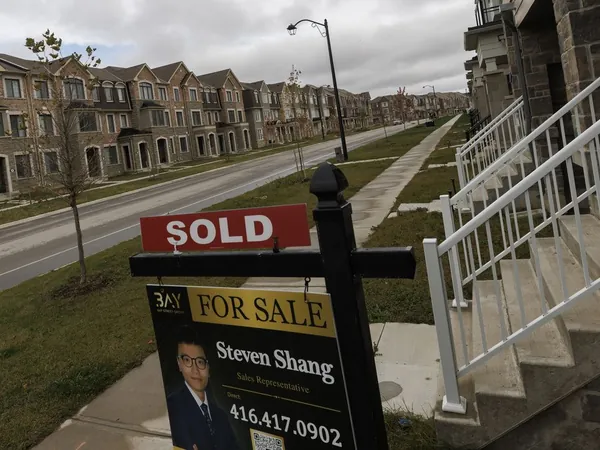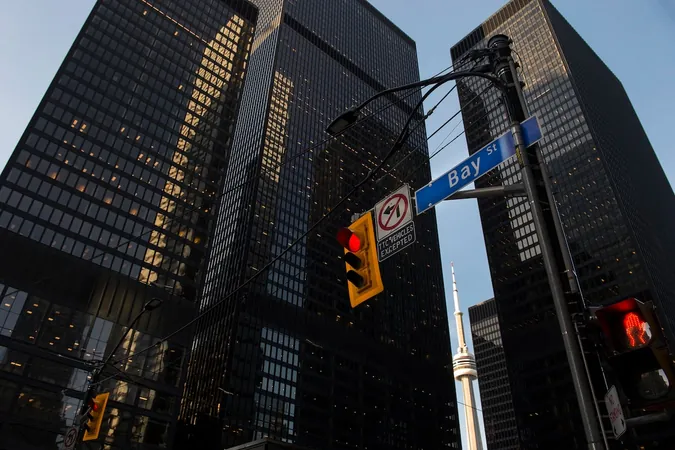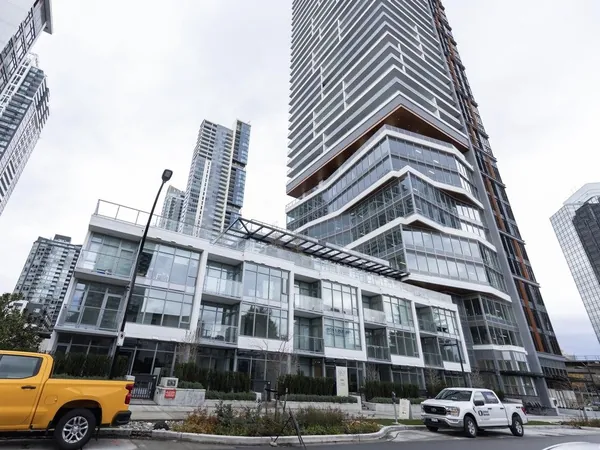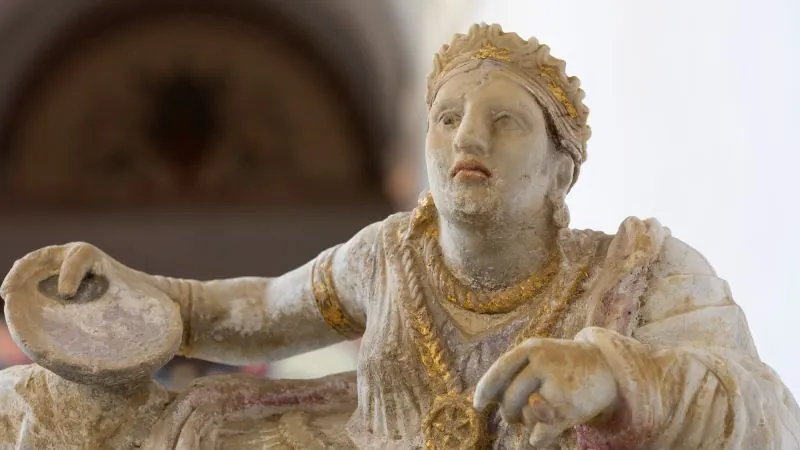
The Unsettling Reality of Paul Bernardo's Parole Hearing: A Matter of Justice or Absurdity?
2024-11-21
Author: Amelia
Introduction
As Canada navigates a myriad of pressing issues—from heightened security challenges to growing societal unrest—the role of the Minister of Public Safety has become one of the most daunting positions in the government. The recent developments surrounding infamous criminal Paul Bernardo highlight not only the complexities of our justice system but also the emotional toll it takes on victims' families.
Family Members Granted Opportunity to Speak
Currently, news confirms that family members of Leslie Mahaffy and Kristen French will be permitted to voice their statements at Bernardo's upcoming parole hearing. These tragic events date back to the early 1990s when Bernardo was convicted of kidnapping, raping, and murdering the two teenagers. Initially, the Parole Board of Canada (PBC) had decided against allowing the families to attend in-person, citing safety concerns regarding the hearing at La Macaza Institution, a medium-security facility in Quebec.
Public Outcry and Government Response
This decision sparked outrage and disbelief, especially from those who lived through the horror of Bernardo's crimes. Marco Mendicino, the former Minister of Public Safety, labeled the transfer of Bernardo from Millhaven to La Macaza as "shocking" and "incomprehensible," yet it appears that the decision remains final, much to the dismay of the public.
Irony of the Safety Concern
The irony is not lost on observers; La Macaza is accessible to visitors, and many wonder why safety concerns arise specifically for the families. If the government perceives the environment there as unsafe for a parole hearing, why then is this instance deemed acceptable for regular visitation? Such contradictions only fuel the sentiment of an absurd justice system fraught with contradictions.
Strain on the Justice System
Amplifying this situation is the troubling statistic recently reported by CBC News: more than 580 criminal cases in Ontario were stayed from 2016 to 2023 due to unreasonable delays. Among these were significant cases of sexual assault and even homicide, exposing the strain on the Canadian justice system's capacity to deliver timely verdicts.
The Powerlessness of Victims' Families
As Bernardo’s parole hearing looms, the powerlessness felt by the victims' families is palpable. They must endure the stress of appearing repeatedly before a system that proponents claim is designed to provide hope for reintegration, while the tangible reality leans towards a more cynical narrative: how can justice truly consider the trauma inflicted on families who must face their nightmares again and again?
Frustration with the Justice System
Denouncing the perception of justice as merely a formality, Canadians are increasingly frustrated. Many share the viewpoint that some individuals, such as Bernardo, should never be afforded the hope of release. This sentiment seems in direct conflict with the prevailing ethos that champions rehabilitation and the human right to a potential second chance, even for the most heinous offenders.
A Broader Trend in Canadian Criminal Justice
The situation surrounding Bernardo is not merely a reflection of individual cases but signifies a broader, disturbing trend in Canadian criminal justice. The urgent discussion beckons: should the rights of convicted criminals overshadow the ongoing suffering of their victims' families?
Conclusion
In a system meant to provide balance, when do we presume to prioritize the voices that have been silenced by crime? The upcoming parole hearing is not just a legal procedure—it’s a poignant reminder of the failures and frustrations that challenge our understanding of justice in Canada. As many grapple with these thoughts, one can only hope that clarity and compassion will steer the conversation toward a justice system that truly serves its people, ensuring that no family must revisit such pain time and again.









 Brasil (PT)
Brasil (PT)
 Canada (EN)
Canada (EN)
 Chile (ES)
Chile (ES)
 España (ES)
España (ES)
 France (FR)
France (FR)
 Hong Kong (EN)
Hong Kong (EN)
 Italia (IT)
Italia (IT)
 日本 (JA)
日本 (JA)
 Magyarország (HU)
Magyarország (HU)
 Norge (NO)
Norge (NO)
 Polska (PL)
Polska (PL)
 Schweiz (DE)
Schweiz (DE)
 Singapore (EN)
Singapore (EN)
 Sverige (SV)
Sverige (SV)
 Suomi (FI)
Suomi (FI)
 Türkiye (TR)
Türkiye (TR)